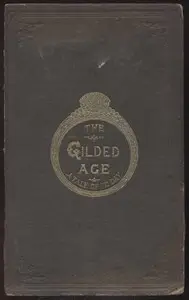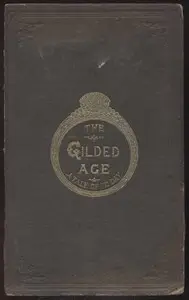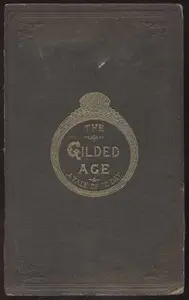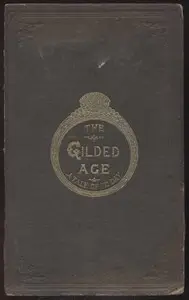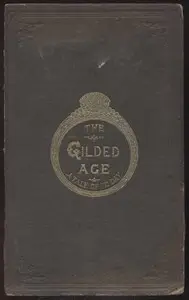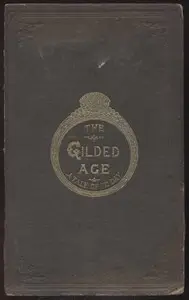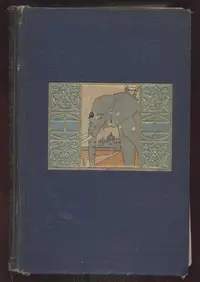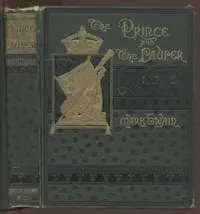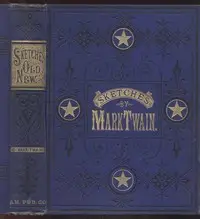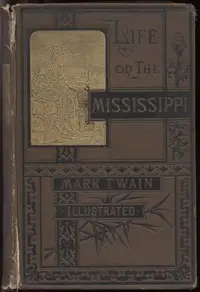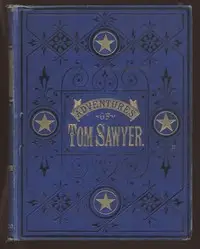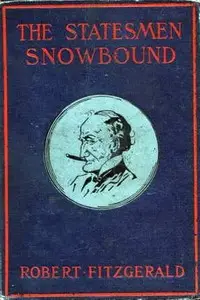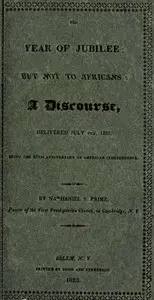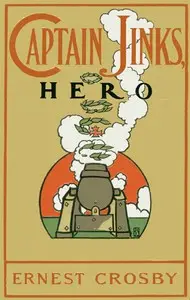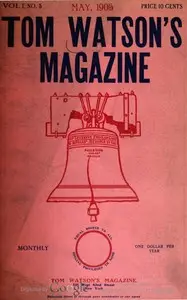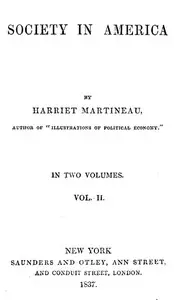"The Gilded Age, Part 6" by Mark Twain and Charles Dudley Warner is a tale of ambition and morality colliding in a time of change in America. In the story, Senator Dilworthy believes a bill he championed will greatly help Laura and her family, but everything changes when Laura disappears and is later accused of shooting a politician. This leads Philip and Harry to try and solve the mystery behind her actions, facing scandal, a high-profile murder trial, and thought-provoking issues about society along the way, revealing the true ambitions and flaws of those involved.
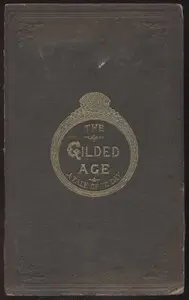
The Gilded Age, Part 6.
By Mark Twain
Amidst political moves and missing persons, a shocking crime ignites a media firestorm, challenging the characters to confront their motivations and society's underlying issues.
Summary
About the AuthorSamuel Langhorne Clemens, known by the pen name Mark Twain, was an American writer, humorist, and essayist. He was praised as the "greatest humorist the United States has produced," with William Faulkner calling him "the father of American literature." Twain's novels include The Adventures of Tom Sawyer (1876) and its sequel, Adventures of Huckleberry Finn (1884), with the latter often called the "Great American Novel." He also wrote A Connecticut Yankee in King Arthur's Court (1889) and Pudd'nhead Wilson (1894) and cowrote The Gilded Age: A Tale of Today (1873) with Charles Dudley Warner.
Samuel Langhorne Clemens, known by the pen name Mark Twain, was an American writer, humorist, and essayist. He was praised as the "greatest humorist the United States has produced," with William Faulkner calling him "the father of American literature." Twain's novels include The Adventures of Tom Sawyer (1876) and its sequel, Adventures of Huckleberry Finn (1884), with the latter often called the "Great American Novel." He also wrote A Connecticut Yankee in King Arthur's Court (1889) and Pudd'nhead Wilson (1894) and cowrote The Gilded Age: A Tale of Today (1873) with Charles Dudley Warner.

